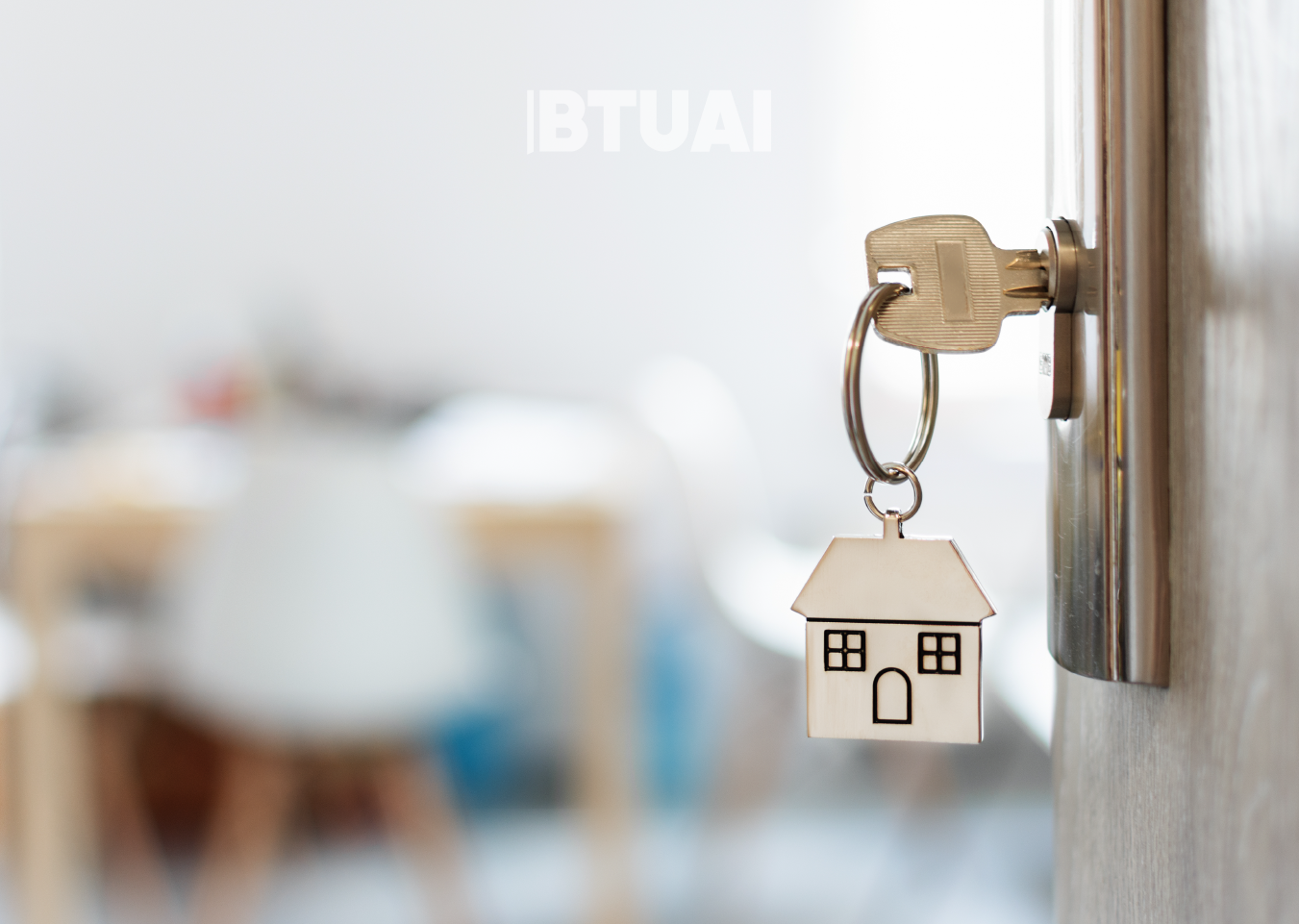Who Is Buying Apartments in Tbilisi? — Local Slowdown and Rising Global Interest
The March 2025 data on Tbilisi’s residential real estate market reveals a mixed picture: while local demand appears to

The March 2025 data on Tbilisi’s residential real estate market reveals a mixed picture: while local demand appears to be slowing, international interest is becoming increasingly visible. One of the most notable developments is the growing share of Israeli citizens — for the first time, developer surveys reported that they accounted for 13% of new apartment sales in the first quarter of 2025 (source: Galt & Taggart).
At the same time, the share of Georgian buyers has slightly decreased, now falling below 75%, down by a few percentage points compared to previous years. While the drop isn’t dramatic, it is significant enough to highlight the emergence of a new force in the market — a more diversified buyer base with international players gaining ground.
Several factors are driving this trend. First, Tbilisi offers competitive property prices with strong rental yields compared to regional and EU capitals. The average rental yield in Tbilisi reached 8.6%, significantly higher than in many comparable cities — 5.4% in Bucharest, 3.7% in Vilnius, and just 3.6% in Tallinn.
Second, geopolitical and economic factors play a role. In a region marked by occasional instability, Tbilisi is increasingly viewed as a safe and attractive destination — both for living and for investing. Add to that Georgia’s relatively easy procedures for foreigners to purchase property, and the city becomes even more appealing.
Third, the sales structure favors accessibility. A large share of new apartments is sold through internal installment plans offered by developers, reducing the reliance on mortgage financing. This model works well for both Georgian buyers without access to bank loans and foreign nationals who might not qualify for local credit.
Geographically, the market is becoming polarized. Districts like Mtatsminda ($2,900/m²) and Vake ($2,544/m²) are increasingly shaped by international premium buyers, while areas such as Didi Dighomi, Samgori, and Gldani continue to dominate in terms of transaction volume, especially among mid- and lower-budget buyers. In Q1 2025, Didi Dighomi recorded the highest number of sales — 622 units (source: Galt & Taggart).
Clearly, the Tbilisi real estate market is no longer moving in just one direction. While local sentiment has weakened due to economic and political uncertainty, global interest is strengthening, particularly from countries where property markets are either overpriced or unstable.
Understanding this evolving dynamic is crucial for both developers and policymakers. The city must balance the attraction of foreign capital with the accessibility needs of local residents. Tbilisi is no longer just a domestic housing market — it is rapidly becoming a destination of global investment interest.




